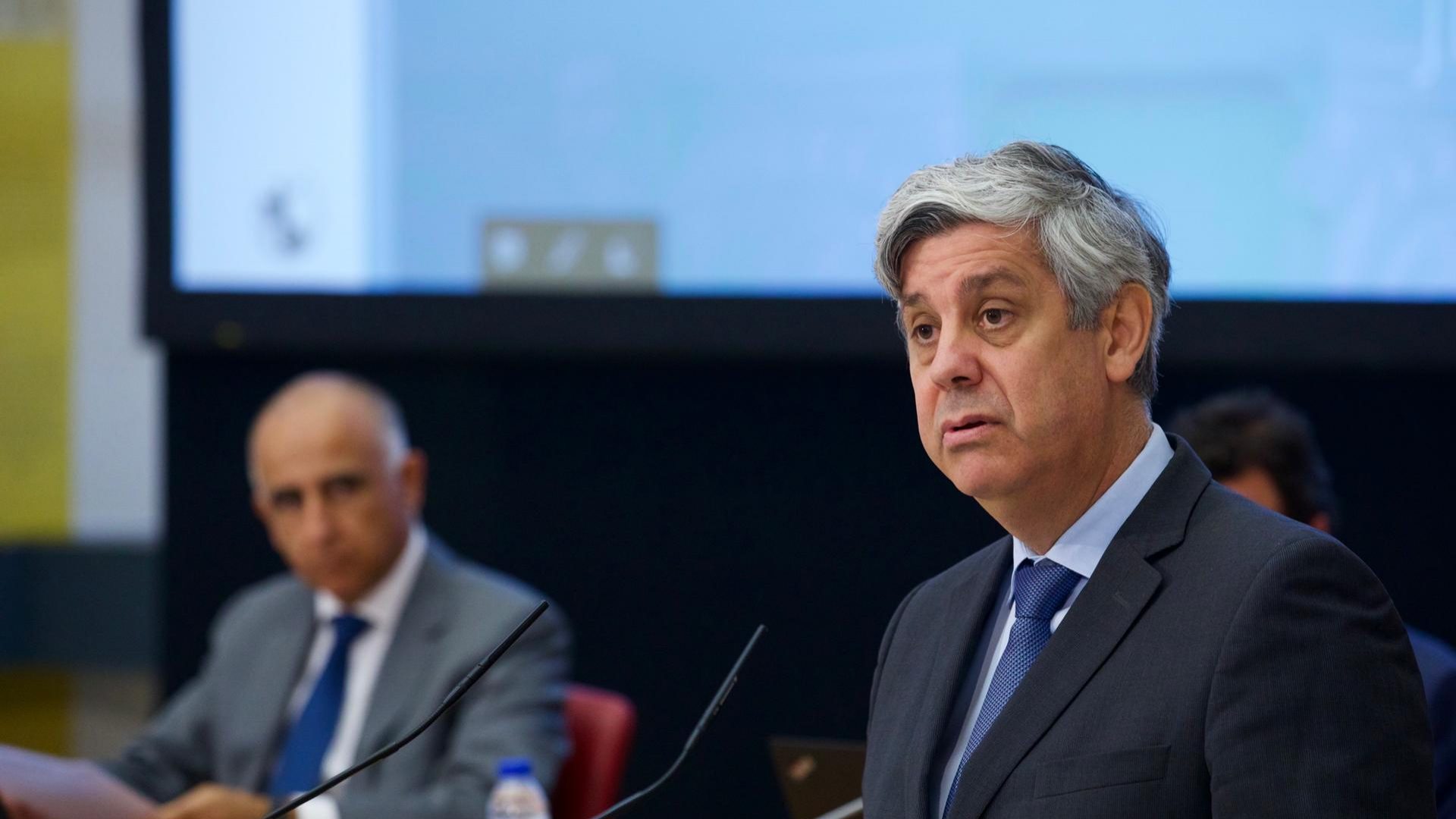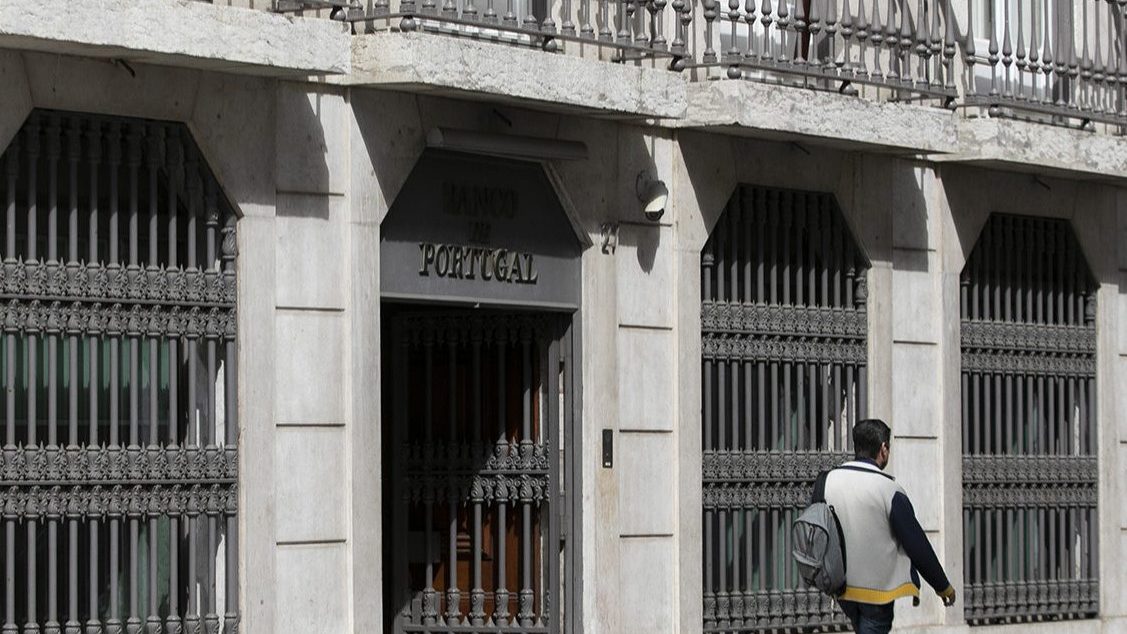Strength of labour market prevents stagflation in economy
Mário Centeno stated that the strength of the labour market is what prevents a stagflation scenario in Portugal.
The governor of the Bank of Portugal, Mário Centeno, said on Wednesday that the strength of the labour market is what prevents a stagflation scenario in Portugal at a time when inflation limits investment.
In his speech at the 2022 annual meeting of the Portuguese Diaspora Council in Cascais, where he pointed out that “it is necessary to resume investment levels”, Centeno said that investor confidence “has not yet recovered from the beginning of the war”.
“Unlike Covid-19, where, three months later, confidence levels were already – still without vaccines – at the levels before the start of the pandemic [of Covid-19], confidence in the context of the war, perhaps because the bombs are heard more than the spread of the virus, has not recovered,” he said. “We are still at very low levels of confidence,” he added.
Faced with the reduction in investment, the central bank governor pointed out that “it is the labour market that sustains the situation of the Portuguese economy”.
“The inflation scenario does not simplify decision-making by investors. All this contributes to a scenario that takes us away from stagflation only because of the labour market,” he stressed.
Without this performance, Mário Centeno conjectured that the Portuguese economy would be “in a more complex scenario”, given the very low growth and very high inflation.”
The governor noted that the war in Ukraine and the inflation crisis configure two dimensions that impact global economic growth, but that Portugal “has a privileged position” to face them.
“We project a sustained growth of the Portuguese economy over the forecast horizon of this exercise – 2023, 2024 and 2025 – that this activity starts from levels already higher than 2019, and we are no longer in the recovery phase. As we are not in the recovery phase, there is a slowdown in economic growth,” he said.
This deceleration results from Portugal being “above the growth trend that was coming from 2019”.
“In a context of inflation and in a context of military conflict on the borders of the economic space we inhabit, it is something truly extraordinary in any case,” he argued.
In that sense, Portugal has a real GDP above its potential GDP, similarly to 2019, being “perhaps at the highest point of this economic cycle” – a position that the Portuguese economy must take advantage of, particularly in investment, which is “the most fragile part in the growth dynamic”.
“For the first time since 2015, growth grew less than private consumption in Portugal in 2022. The Portuguese economy is no longer the economy that grew based on consumption, it has changed in recent years,” reinforced the governor.

